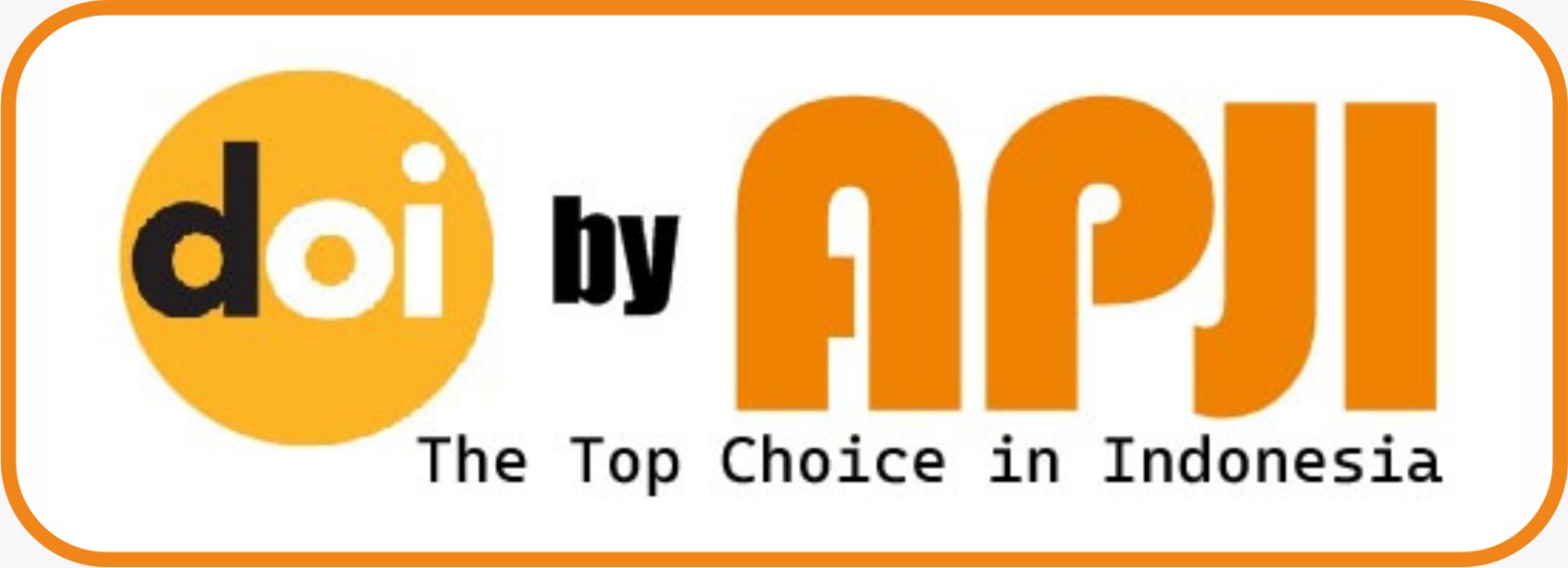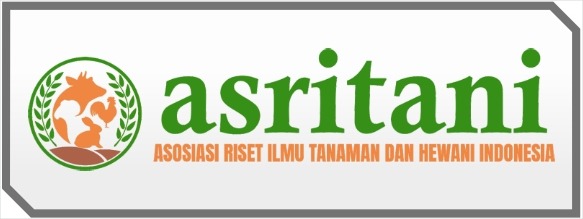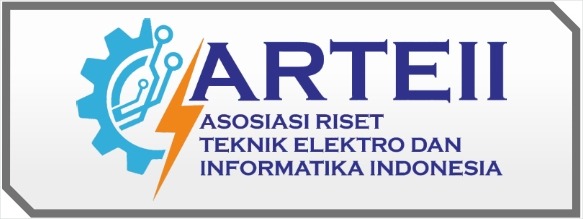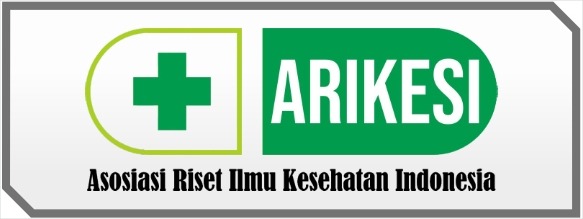Empowering SMEs with Blockchain-Based Certification to Prevent Batik Counterfeiting in Pekanbaru
DOI:
https://doi.org/10.69930/jsi.v2i4.453Keywords:
SMEs, blockchain, product authentication, batik industry, ERC-721Abstract
Counterfeit batik products continue to harm Small and Medium-sized Enterprises (SMEs) in Pekanbaru, Indonesia, by reducing market trust and causing financial losses. This study explores the use of blockchain-based digital certification to protect product authenticity through a technology-focused simulation of the sales process. A blockchain prototype was developed using smart contracts and QR code integration to verify each batik product before it enters the simulated transaction flow. Rather than real-world deployment, the study concentrates on the technical performance of blockchain as a verification tool in a controlled environment. The system underwent several authentication-based sales simulations to assess its effectiveness. Results show a 78% reduction in simulated counterfeit cases, alongside a 62% improvement in consumer trust metrics based on participant responses. Furthermore, the projected certification cost using the blockchain system was over 75% lower than traditional methods. These results demonstrate blockchain’s potential in safeguarding local creative industries by ensuring traceability and trustworthiness. While this study is limited to simulated scenarios, it offers a foundation for further applied research in digital transformation strategies for SMEs. The findings underscore the role of secure, transparent technologies in promoting product integrity and economic resilience in local markets.






















